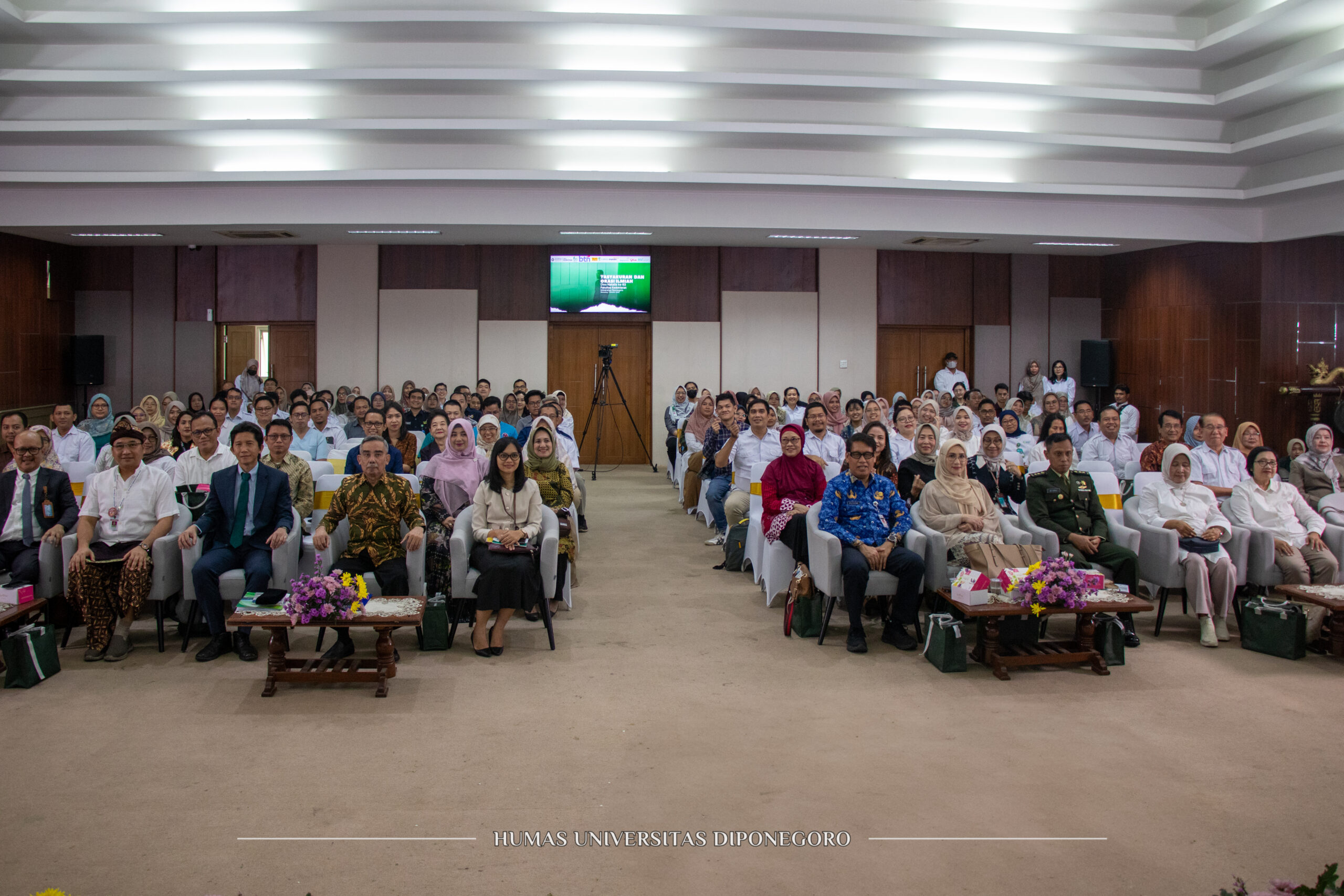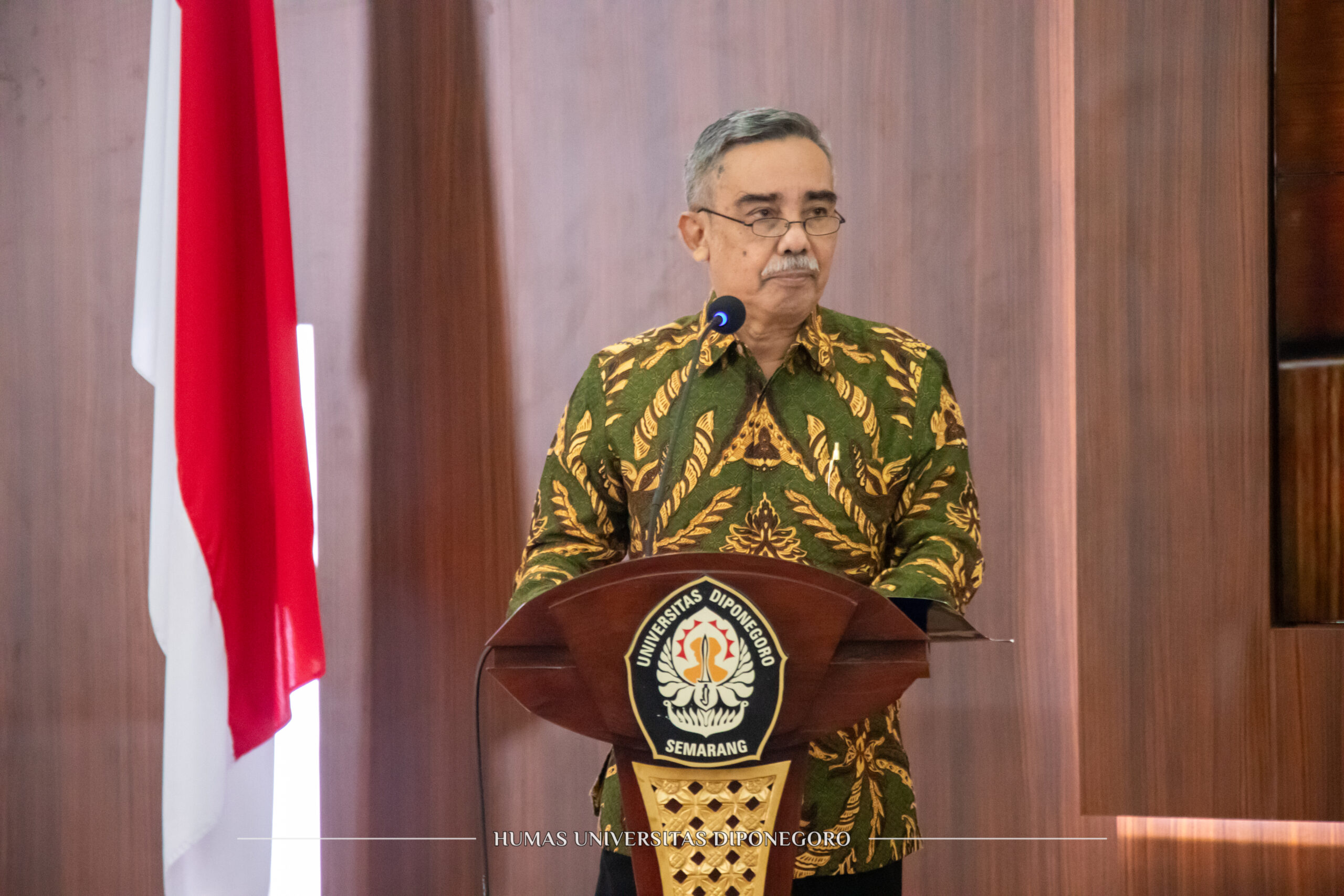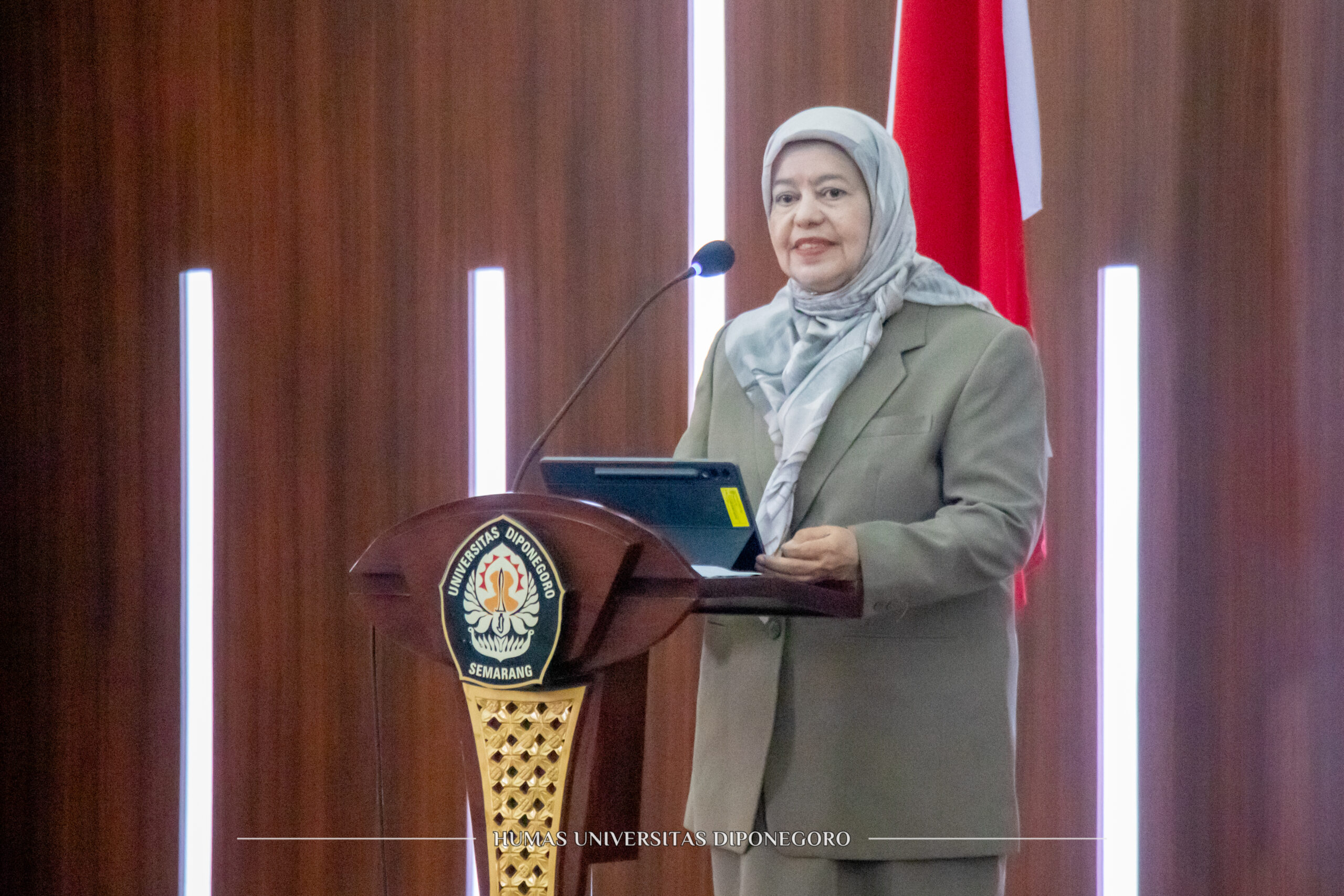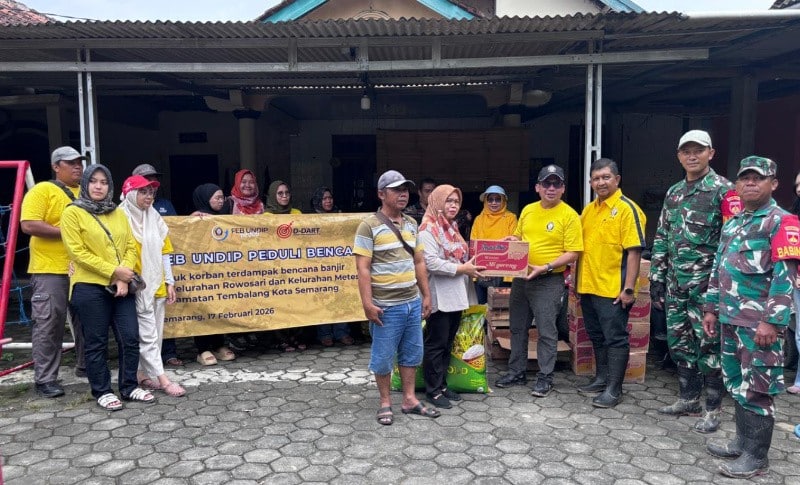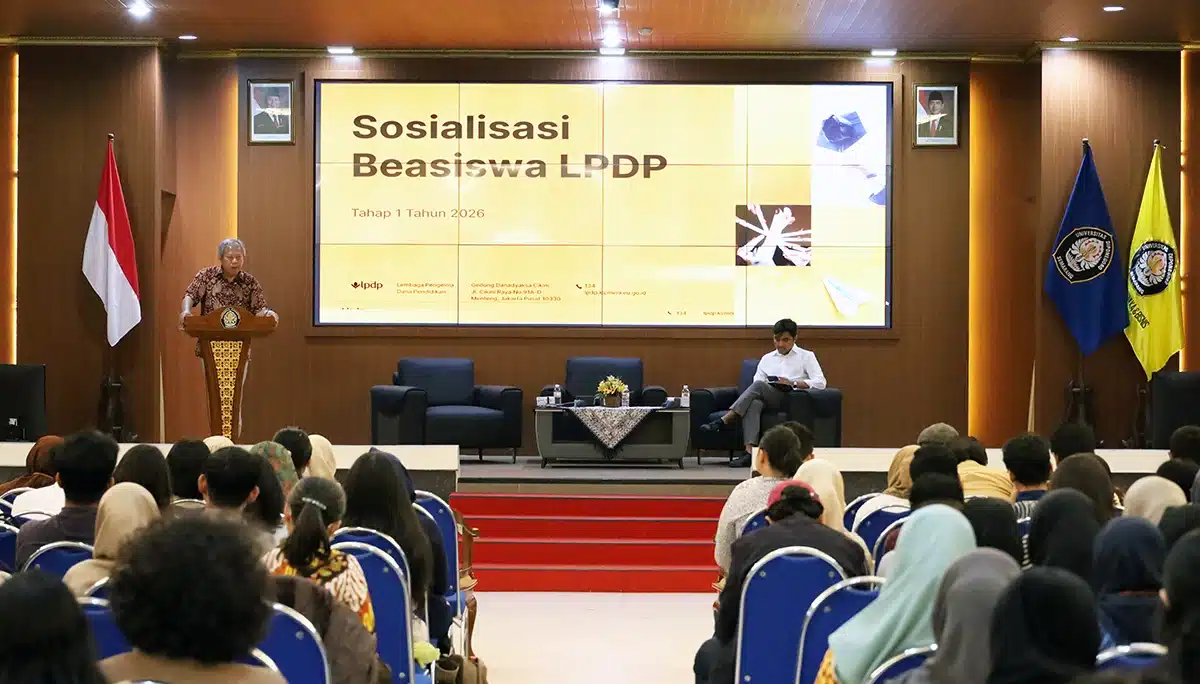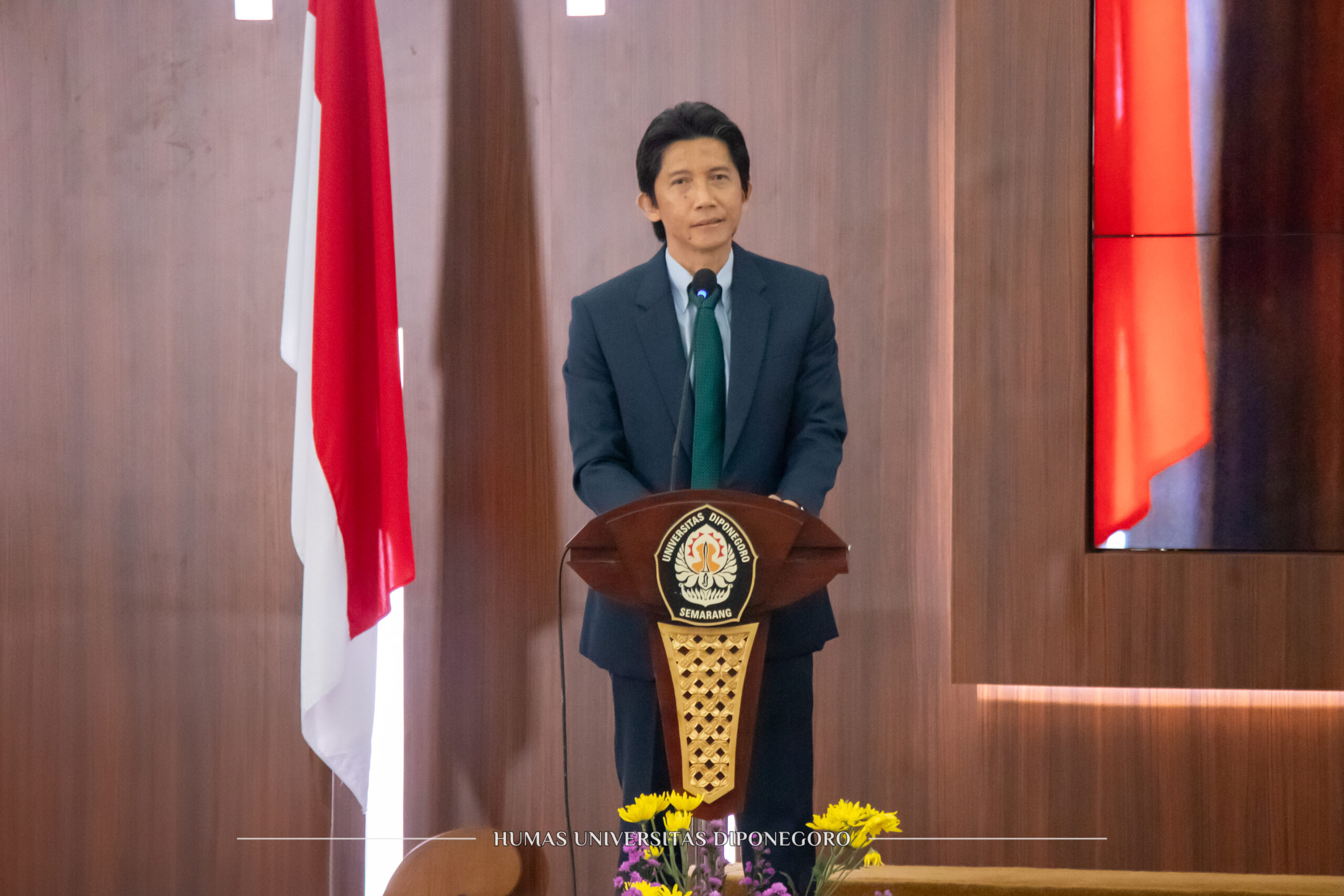“We are grateful to the pioneering educators who have built and developed the Faculty of Medicine at Diponegoro University to its current stature. The 63rd Anniversary of the Faculty of Medicine UNDIP is the perfect moment to reflect on the journey we have undertaken. The Faculty of Medicine UNDIP has made significant progress and is highly committed to education and research at both the national and international levels,” stated Dr. dr. Yan Wisnu Prajoko, M.Kes., Sp.B., Subsp.Onk(K), the Dean of the Faculty of Medicine, during the Scientific Oration of the 63rd Anniversary of the Faculty of Medicine UNDIP in the Multipurpose Room, Building A, 3rd Floor, FK UNDIP, on Tuesday (10/1).
Furthermore, the Dean stated that the theme for this year’s anniversary is “The Development of Family Medicine to Improve Quality and Achieve Health Development Goals.” “The Faculty of Medicine UNDIP continues to expand collaborations, enhance innovations, and adapt to the rapid changes in the medical field,” he said.
Present as keynote speakers at this event were Prof. Dr. dr. Anies, M.Kes., PKK (Professor at the Faculty of Medicine UNDIP) and Dr. dr. Chodidjah, M.Kes., PS (Head of the Anatomy Department, Faculty of Medicine, Sultan Agung Islamic University).
In his presentation, Prof. Anies emphasized that family-oriented doctors are aware of every stage of a disease’s progression and strive to improve the quality of life. He also emphasized a spiritual approach for patients and their families in preparing for the end of life to mitigate the negative impacts following the loss of a family member.
“A graduate of the Faculty of Medicine UNDIP, with a focus on family medicine, is not only able to diagnose and manage diseases lege artis, but is also aware of current clinical problems and capable of taking appropriate and adequate measures to optimize disease management,” he explained.
Meanwhile, dr. Chodidjah elaborated that the Indonesia Sehat program, which takes a family approach, consists of four priority areas: reducing maternal and infant mortality rates, decreasing the prevalence of stunted toddlers, tackling communicable diseases, and addressing non-communicable diseases.
“The Ministry of Health has a significant responsibility to achieve the targets set by the national health strategy, which include maternal and child health, improving community nutrition, disease prevention and control, the Healthy Living Community Movement (Germas), and strengthening the health system through health transformation,” concluded dr. Chodidjah. (LW-Public Relations)
